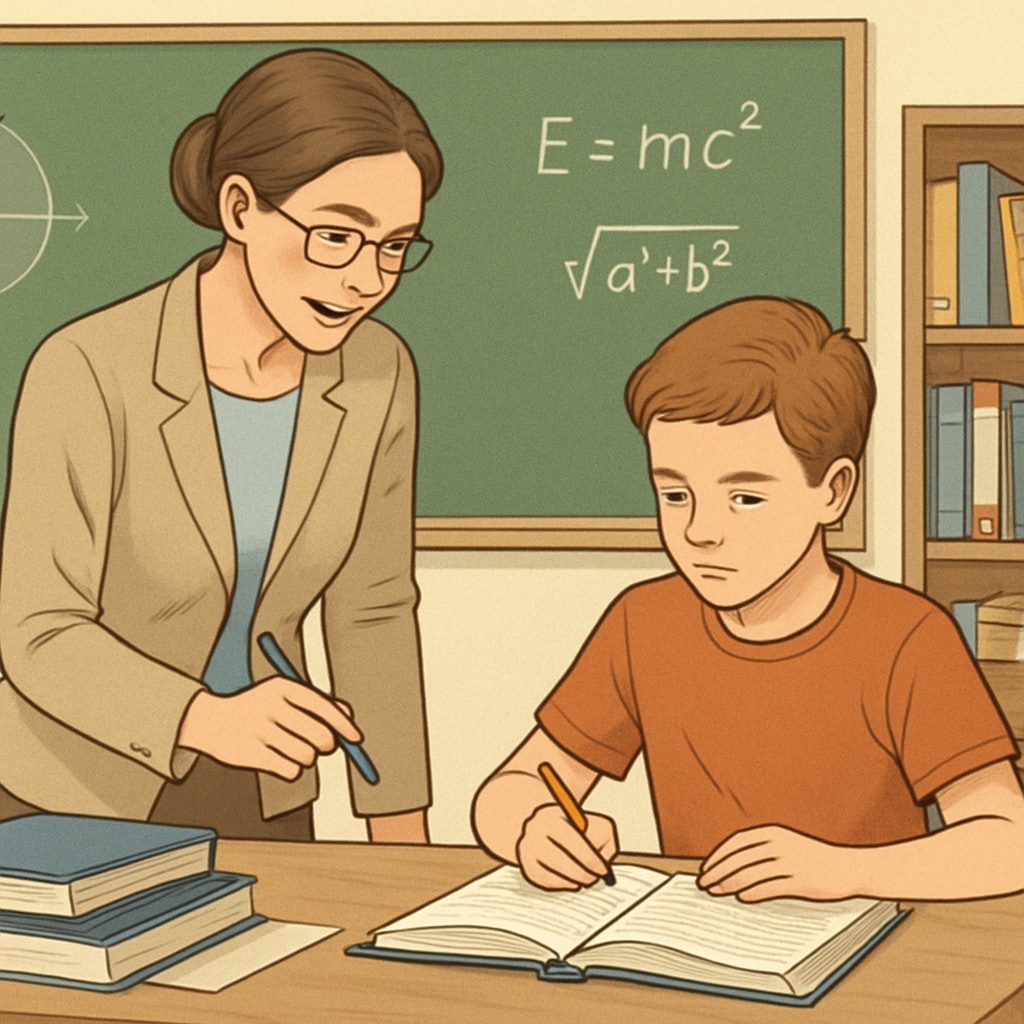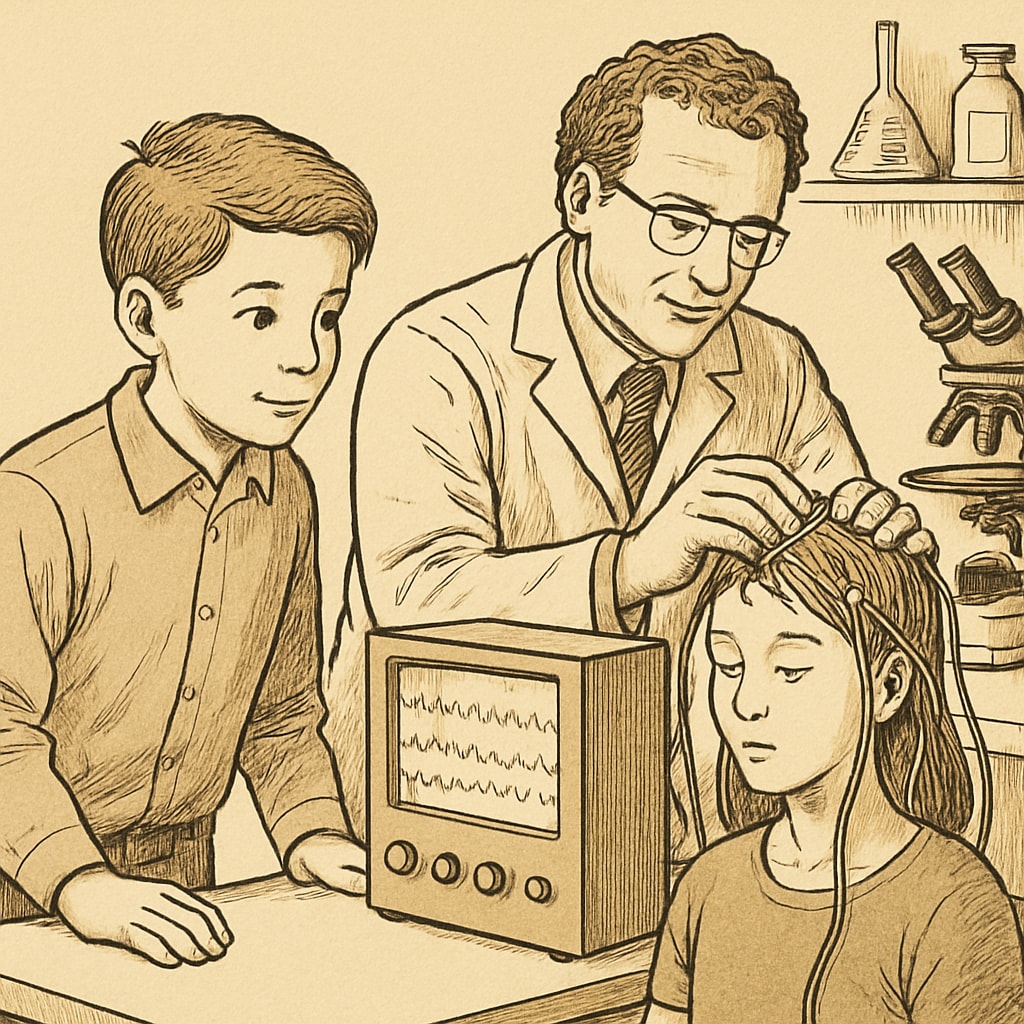Supporting gifted students in achieving academic excellence, learning enhancement, and ambitious career goals like neurosurgery requires a systematic approach. These students often possess extraordinary potential but face unique challenges that demand tailored educational resources and a supportive environment. By understanding their needs and providing the right tools, educators and parents can help gifted individuals thrive and make meaningful contributions to their chosen fields.
Unique Challenges Faced by Gifted Students
Gifted students often encounter challenges that differ from their peers. While their intelligence may set them apart, it can also lead to feelings of isolation or frustration. For example:
- They may struggle with boredom in traditional classrooms that lack advanced content.
- High expectations can create immense pressure, leading to stress or burnout.
- Limited access to specialized resources may hinder their ability to explore specific interests like neurosurgery.
For gifted students to reach their full potential, it’s essential to address these hurdles proactively.

Tailored Educational Strategies for Learning Enhancement
To foster learning enhancement, educators and parents can implement several strategies tailored to gifted students:
- Customized Learning Plans: These plans should include advanced coursework aligned with the student’s abilities and interests.
- Enrichment Programs: Programs like STEM camps or mentorships with professionals in fields such as neurosurgery can provide hands-on learning opportunities.
- Access to Resources: Leveraging online platforms, academic journals, and libraries ensures that students have the tools to pursue in-depth research.
For instance, a student aspiring to become a neurosurgeon could benefit from shadowing a medical professional or participating in a neuroscience workshop. Such experiences help bridge theoretical knowledge with practical application.

Encouraging Academic Excellence Through a Supportive Environment
Creating a nurturing environment is critical for gifted students to excel academically. This includes:
- Mental Health Support: Addressing stress and anxiety through counseling or mindfulness practices.
- Peer Networks: Connecting with other gifted students to foster collaboration and reduce feelings of isolation.
- Parental and Teacher Involvement: Providing consistent encouragement and recognizing achievements, no matter how small.
Additionally, schools can partner with universities or research institutions to offer advanced placement courses or early college programs, further supporting long-term goals like becoming a neurosurgeon.
Conclusion: Bridging Potential with Opportunity
Gifted students represent the future of innovation and progress in fields such as neurosurgery. By addressing their unique challenges and providing tailored resources, we can ensure they achieve academic excellence and fulfill their potential. With the right support, these students can transform their aspirations into groundbreaking achievements.
Readability guidance: The article uses short paragraphs, lists, and transitional phrases to enhance clarity. It balances technical details with accessible language, ensuring readability for a broad audience.


